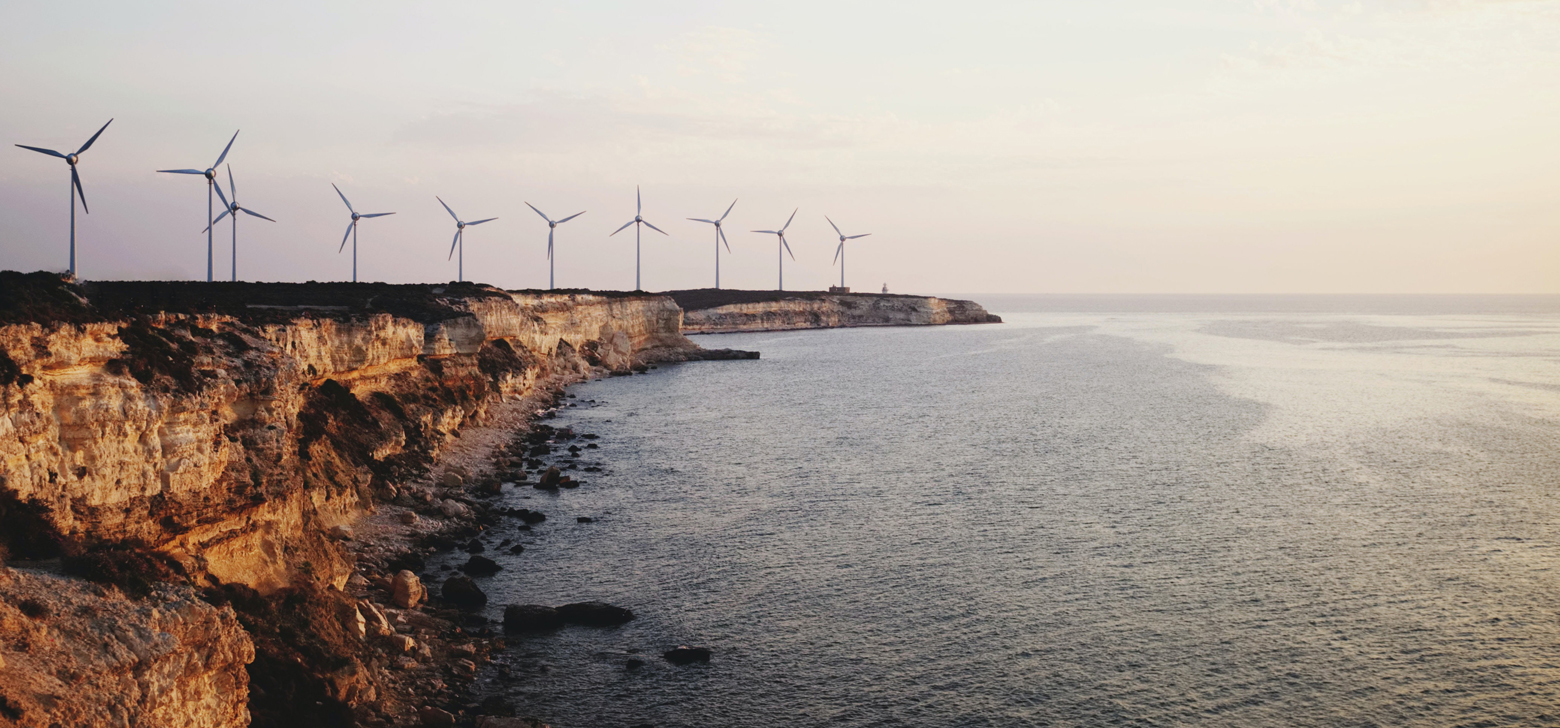Over 50 years ago my spiritual teacher Thich Nhat Hanh, along with thousands of scientists from all over the world, issued the Menton Message just ahead of the first U.N. Summit on the Human Environment in Stockholm. The message was a declaration of planetary emergency.
Even then, scientists recognised that “We live in a closed system, absolutely dependent on Earth and on each other for our lives and those of succeeding generations. The many things that divide us are therefore of infinitely less importance than the interdependence and danger that unite us”.
Since that message, humanity’s infraction on Earth’s natural systems has only accelerated. We have so degraded our global commons that we now live in the midst of mass extinction and the climate crisis, which the latest series of IPCC reports elucidates with sobering clarity. Impossible heat blazes in the ice-capped poles, gargantuan wildfires eviscerate forests, animals and homes, while raging floods wash away lives and livelihoods in angry, muddy gulps.
Governments and businesses have collectively failed to heed the myriad spiritual and scientific warnings: we did not change course decisively when it was made clear we should. We are off track for meeting the Paris temperature goals. Overshooting 1.5ºC, even 2ºC, is increasingly likely without immediate, drastic action.
As the grief, pain and anger deepens with this realization, we are faced with a choice. What will our legacy now be? Is it possible that this time is different, that we could at last heed the warnings and abandon limited self interests to the realization of a common need during this decisive decade?
The only responsible answer to that question is yes. Since the Menton Message, millions of people from all walks of life have been seeding the deep transformations we need. There are already excellent ways for companies to measure, track and disclose their impacts on climate and nature. We are not starting from scratch, tectonic shifts are already underway in our collective understanding.
No business exists independent of investors, suppliers, customers, employees, thriving natural ecosystems and a stable, predictable climate. Realizing that interdependence, cognizant of the science and urgency for action, and benefitting from the abundance of activism already underway, businesses can now:
- Completely phase out fossil fuels and financing for fossil fuel projects. Real GHG emissions reductions must be achieved year-on-year this decade even in the face of energy squeeze resulting from the crisis in Ukraine. We still have to cut emissions by half by 2030, and we must frontload the effort to do it now. We can’t afford to wait: every single tonne of CO2e that goes into the air counts more today than it does tomorrow.
- Exponentially increase investment in renewable energy solutions, while helping suppliers and customers do the same.
- Actively contribute to reversing deforestation and ecosystem degradation and to restoring and regenerating nature up and down the entire value chain.
Multitasking these three actions is not everything we need to do, but together they can form the bedrock of all business going forward. We must weave each one deeply into the fabric of all decision making, and we do not lack the threads we need to do so.
A legacy of frustration and failure on all the above is business that no-one wants. A legacy of collective action is business where everyone benefits, with each having a different but vital role to play. There can be no more excuses for delay or incremental steps to achieve them: we have abundant knowledge (excellent science and industry roadmaps) and capability (technology and finance), along with the deeply felt desire to protect our own and our children’s chances for a liveable future.
I believe the wind is at the backs of businesses wanting to take the above near term actions collaboratively. I believe they can do so immediately without regret, even though it will be in many cases fiendishly difficult. Now is precisely the time to do what is difficult. And, at the same time, businesses must prepare very seriously to adapt to a world that will be radically changed by inevitable temperature increases already baked in.
Many have warned that the crisis in Ukraine, which means additional near term energy and food squeezes well beyond the borders of that remarkable nation, will suck multilateral energy away from decarbonisation efforts. Whichever way that plays out, there has never been a more urgent need for businesses to step up now and hold the ambition of Paris.
Thich Nhat Hanh taught me and millions of others that suffering can be transformed and be transformative. This June, leaders will gather in Stockholm for the 50th anniversary of the first conference of the human environment. I hope businesses, including those who are part of The Climate Pledge, will use that moment, and every other moment following it to transform the suffering of today and make the next fifty years transformative: to move from making statements to doing everything necessary to give life to our life support systems and to replenishing the planet upon which we all depend.
This content is provided by Global Optimism. Christiana Figueres is a founding partner of Global Optimism and the United Nations’ former climate chief.


